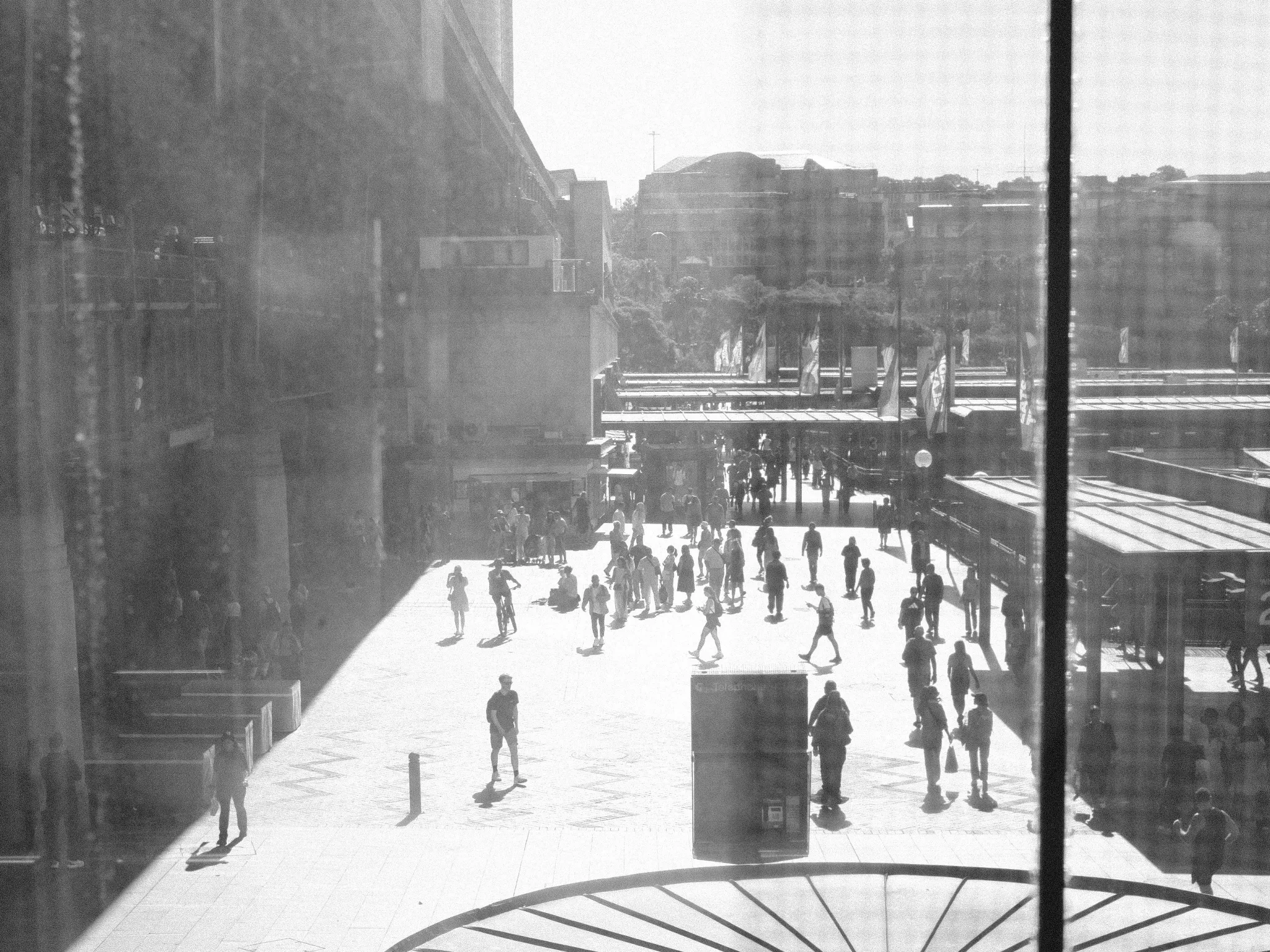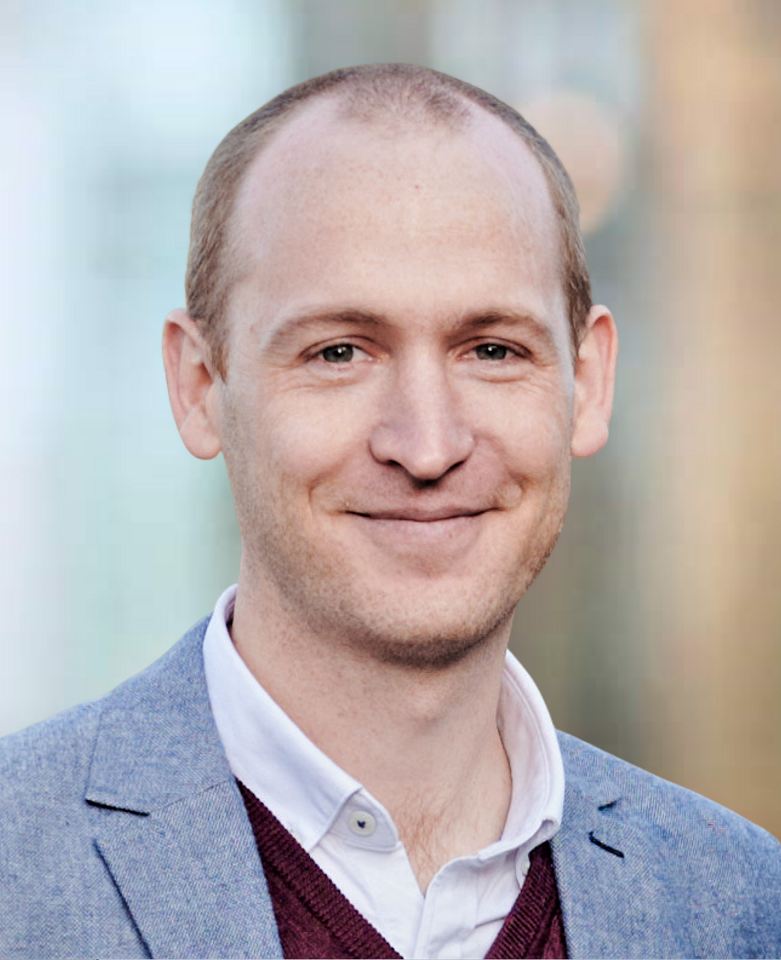Contemplating democracy on the International Day Against Homophobia, Biphobia and Transphobia

Disclaimer: Opinions expressed in this commentary are those of the authors and do not necessarily represent the institutional position of International IDEA, its Board of Advisers or its Council of Member States.
We can disagree and still love each other unless your disagreement is rooted in my oppression and denial of my humanity and right to exist. – Robert Jones, Jr.
Although there is growing interest in democracy beyond humanity, this form of self-government (as we know if thus far) has been an exclusively human endeavour. That means that all the beauty, diversity, ingenuity, creativity, fear, and even animus, of humans have been part of democracy for as long as people have made collective decisions about our life together. On this International Day Against Homophobia, Biphobia and Transphobia (IDAHOBIT) we can take a moment to consider that while democracy can take many forms in different places, exclusion, persecution, fear, and hatred, for any in the political community negatively affect the quality of democracy for all.
As is often remarked, democracy is an essentially contested concept. But, at International IDEA we argue that there are two core definitional principles that describe democracy in all of its diversity across time and space: (1) that there is popular control of decision makers and decision making, and (2) that there is equality of respect and voice between citizens in the exercise of that control. Many would ascribe to these principles in the abstract. Reality is often more complicated. Across the globe, legal and political processes have pulled in different directions with regard to the inclusion and protection of sexually diverse people, including laws to protect traditional definitions of marriage or the family, and to protect the rights of sexual minorities.
Measurements of the prevalence of diverse sexual orientations and gender expressions are difficult for a number of reasons. For many people this is a deeply personal matter, and in many contexts publicly affirming a minority sexual orientation or gender identity carries with it very real social and physical risk. Nonetheless, survey research has often found significant percentages of the global population are sexually diverse (that is to say, have an expression other than cisgendered heterosexuality), such as the nine per cent of respondents in a 30 country panel from Ipsos in 2023.
If democracy requires equality of respect and voice between citizens, laws that impair anyone’s ability to participate in public life on the basis of personal identity (such as gender expression or sexual identity) also impair democracy. Here we can borrow the insights of W. E. B. Du Bois, whose writings on whiteness and blackness in the United States illustrated how participation in any form of structural oppression impoverishes – morally, materially, and psychologically - not just the oppressed, but the oppressor as well. Whether or not one in ten people in a country are sexually diverse, institutionalized homophobia, biphobia and transphobia pose serious threats to democracy – not just for the rights and possibilities they deny LGBTQIA+ citizens, but in how they make equal citizenship contingent, or even revocable.
Equality and dignity for sexually diverse people may require different things in different contexts and cultures. And, we should also acknowledge that the interventions of foreign actors in national dialogues have not always been helpful. Even so, this International Day Against Homophobia, Biphobia and Transphobia is a good moment to consider how exclusion of vulnerable people (even if they are a small group) means that democracy is not being fully realized. Humans are a diverse species in many ways – our experiences of gender and sexual orientation among these. Our democracies must be big enough to accommodate this.





